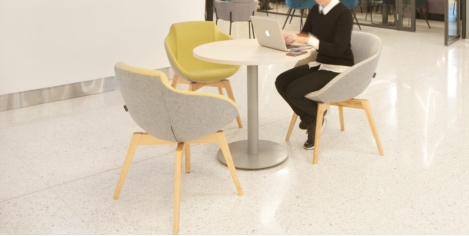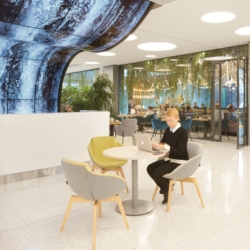August 24, 2022
Workplace decision making is subject to a number of conflicting forces
 A new survey from 15Five claims that the workplace is in a state of upheaval, with one-third of workers planning to quit their jobs despite the potential economic downturn. Conversely, nearly one in five organisations are planning on layoffs, and more than one-third of HR leaders have rescinded job offers. The poll of 1,000 US full time employees and 500 HR leaders [registration] also claims that work-life balance is a top concern for employees, behind only pay and health benefits. When HR leaders were asked what was most important to their employees, work-life balance claimed the number one spot (64.6 percent), followed by health benefits (62.8 percent) and growth opportunities (54.6 percent). More →
A new survey from 15Five claims that the workplace is in a state of upheaval, with one-third of workers planning to quit their jobs despite the potential economic downturn. Conversely, nearly one in five organisations are planning on layoffs, and more than one-third of HR leaders have rescinded job offers. The poll of 1,000 US full time employees and 500 HR leaders [registration] also claims that work-life balance is a top concern for employees, behind only pay and health benefits. When HR leaders were asked what was most important to their employees, work-life balance claimed the number one spot (64.6 percent), followed by health benefits (62.8 percent) and growth opportunities (54.6 percent). More →




































August 23, 2022
Firms need a better understanding of their psychological contract with employees
by Anthony Thompson • Comment, Workplace